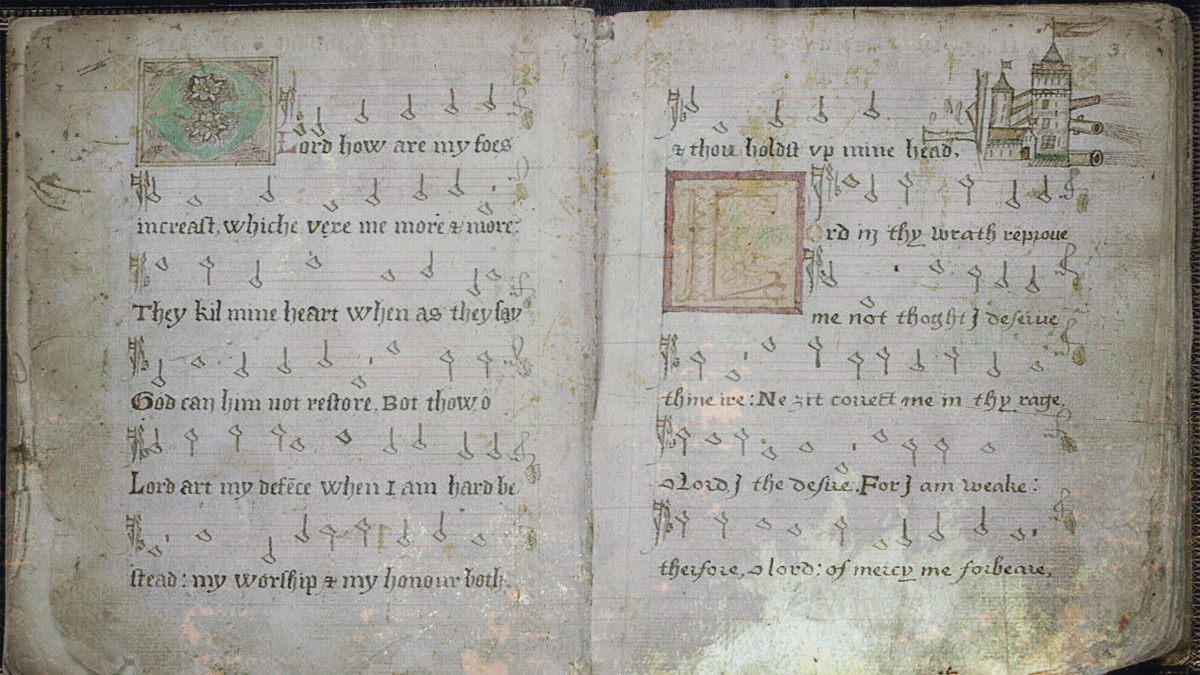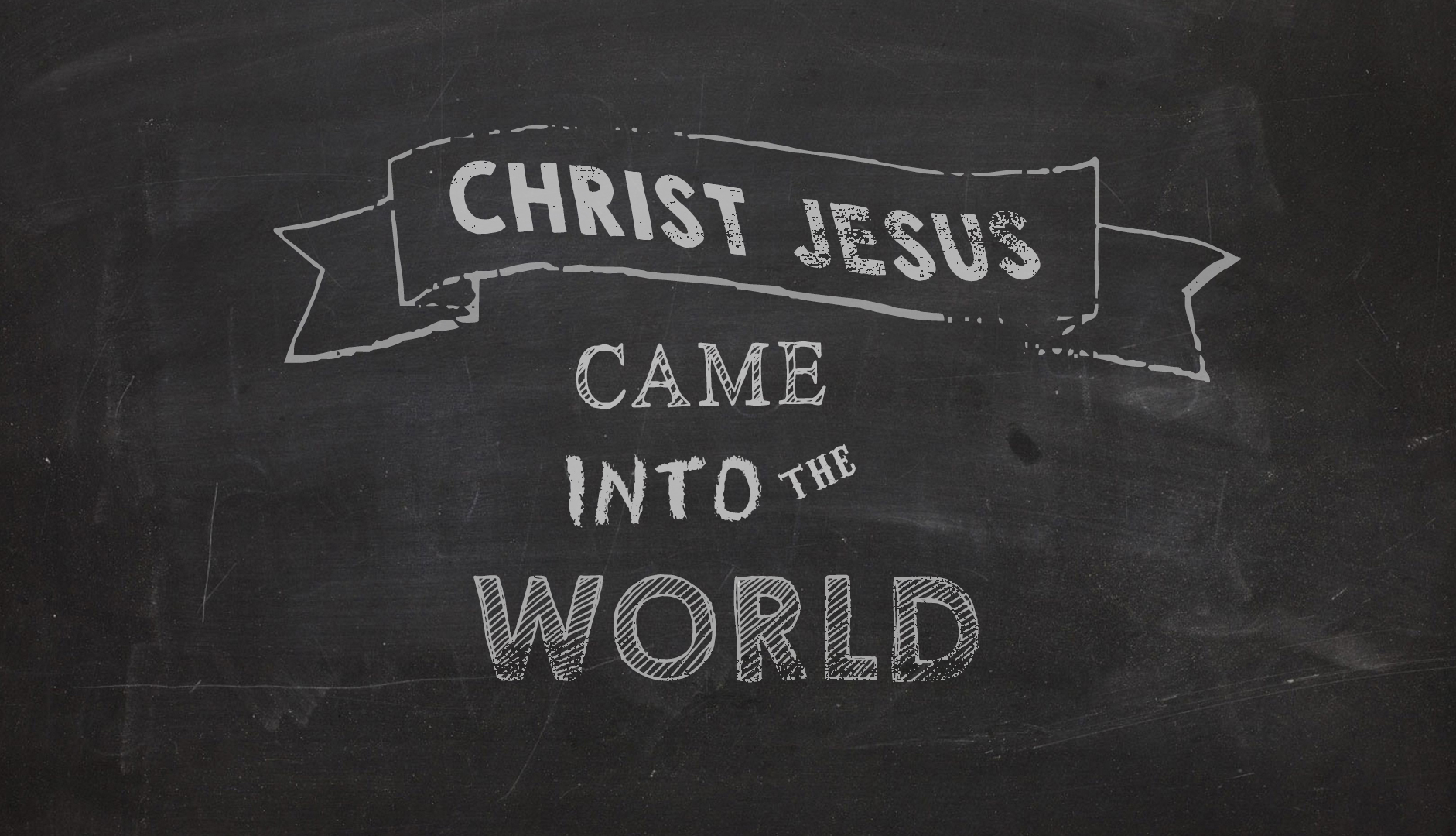
The idea of Christian unity has been so perverted over the years by liberal Christianity that there is considerable confusion about what it means, both inside and outside the church.

Sinclair Ferguson wisely states, “There is no avoiding, and no substitute for, the sometimes long, arduous experience of discovering the will of God in our own lives.” The fact is, it takes time and effort to learn to trust God with our lives. We know that we are where we are because God has sovereignly called and placed us there--and we know that we will be where we will be because God will sovereignly lead us there--but it is only as we begin to view God in Christ as our King that we will truly learn to rest in His will.

There are two theological truths that structure the entirety of the biblical storyline. The first is that Jesus is the second and last Adam. The second is that Jesus is the true and greater Israel. The totality of the biblical narrative can be understood in light of these two theological categories. Additionally, the whole of the Gospel is structured by these two great truths. Jesus is the sin-bearing, curse-removing second Adam and true Israel. While much has been written on the former, until recent years the latter has been largely overlooked. Matthew 2:14-15 indicates that Jesus came to recapitulate Israel's history in order to fulfill the covenant promises for His people. Just as "He came to undo what Adam did and to do what Adam failed to do," so "He came to undo what Israel did and to do what Israel failed to do" as the representative of His elect.

For some, it's going too far to state that Christ is found in the Psalms of chastening. Many have suggested that Christ cannot be found in the Psalms of the “Guilty Sufferer"--because He was without sin. It is only when we view the language of the Psalms in light of the language of the substitutionary Suffering Servant of Isaiah 53 that we begin to see how this is in fact exactly how we are to read them. Additionally, we must remember that the principle of substitution was found all throughout the sacrificial laws given prior to the Psalms.

When we introduce the subject of Christology, most minds immediately gravitate to such texts as Isaiah 53, John 1:1-14, Colossians 1:14-23, and Philippians 2:1-11; but, would you have thought of 1 Timothy as being a significant Christological work? When most think of this letter, they think of the role of church leadership or women. Rarely does the magisterial role of Christ come to mind. But let’s consider three valuable Christological confessions from 1 Timothy and see how they not only shape our understanding of Christ but also our understanding of this letter.




















 © Alliance of Confessing Evangelicals
© Alliance of Confessing Evangelicals


